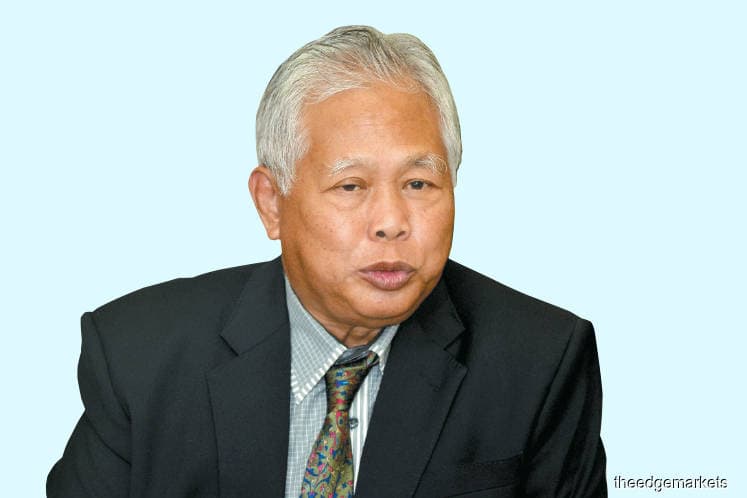
This article first appeared in The Edge Financial Daily on October 21, 2019
KUALA LUMPUR: Although Graduates@Work has been widely hailed as a significant incentive to address graduate unemployment, there is concern that it only covers those who have been jobless for at least 12 months and excludes fresh graduates.
“This policy would reduce the employability of fresh graduates, those who have been unemployed for less than 12 months,” said Malaysian Employers Federation executive director Datuk Shamsuddin Bardan (pic).
“This is because employers would prefer to hire those who had remained unemployed for over 12 months due to the incentives,” he told The Edge Financial Daily. As such, Shamsuddin said the government should extend the initiative to include graduates who have been unemployed for less than 12 months.
“The government should also give incentives for hiring fresh graduates, but at a lower rate, maybe 25% to 50% of that proposed in Budget 2020,” he said.
There were over half a million unemployed Malaysians in 2018, according to Finance Minister Lim Guan Eng in his Budget 2020 speech. Of that, near 290,000 were youths up to 24 years old, and roughly 140,000 were graduates. In percentage terms, youth unemployment in Malaysia last year stood at 10.9%, more than triple the national rate of 3.3%.
Under the Graduates@Work initiative announced in Budget 2020, the government proposed an incentive of RM500 per month to be paid to graduates who obtain a job after being unemployed for more than 12 months, while employers will receive a hiring incentive of up to RM300 per month for each new hire over two years.
Government backbencher Wong Chen said the initiative may serve to discourage youths from actively looking for a job as soon as they graduate.
“The programme is well intended to solve graduate unemployment [but] it would discourage fresh graduates from looking for a job. They would instead wait for 12 months to be entitled for the benefits,” said the PKR Investment and Trade Bureau chairman.
“The government should study the quantum and behavioural economic impact of the policy,” he said, adding that some fresh graduates may regard the proposed quantum (RM500) as worth waiting for instead of looking for a job immediately.
Wong said the policy could achieve its intended outcome provided that the economy continues to grow next year. Otherwise, it will just be an initiative that reduces recruitment cost for businesses.
“Companies will only expand their workforce when they need it. If the economy doesn’t grow, this policy will not yield much impact, except [for] lowering companies’ recruitment cost because of the hiring incentive of RM300 per month.
“Because of [the] lower recruitment cost for graduates, this policy would also induce employers to retire older workers to hire younger ones,” he said. However, Sunway University Business School economics professor Dr Yeah Kim Leng is of the view businesses may not simply lay off experienced workers for the sake of recruitment incentives. He said it is good the government experiments with policies like this to address the issue of graduate unemployment.
“Although certain graduates may still be earning less than the minimum living wage level, this policy connects them to the job market first, and hopefully they can enhance their competitiveness.
“This is better than just giving out free money to them as the policy makes it mandatory for them to work to be entitled to the benefits,” he said.
Socio-Economic Research Centre executive director Lee Heng Guie concurred and said the compensation of employees share-to-gross domestic product in Malaysia remains low compared to developed countries.
“We have spoken to some employers and they are quite supportive of this initiative, but they want to know how it will be implemented first,” he said. Lee said the policy can be implemented in many forms and that the Employees Provident Fund (EPF) is the best institution to undertake it.
“This is because they have the most comprehensive database on employment in this country. The EPF has to come up with a mechanism that is not subject to be abused while ensuring this policy achieve its intended outcome,” he said.
For the government, Lee said it must ensure that the programme is fiscally sustainable, and not become an entitlement programme in future where they will face a political backlash when they remove it,” he added.